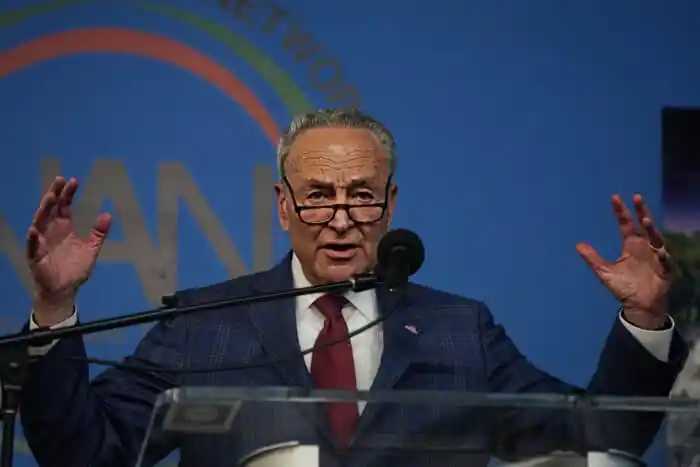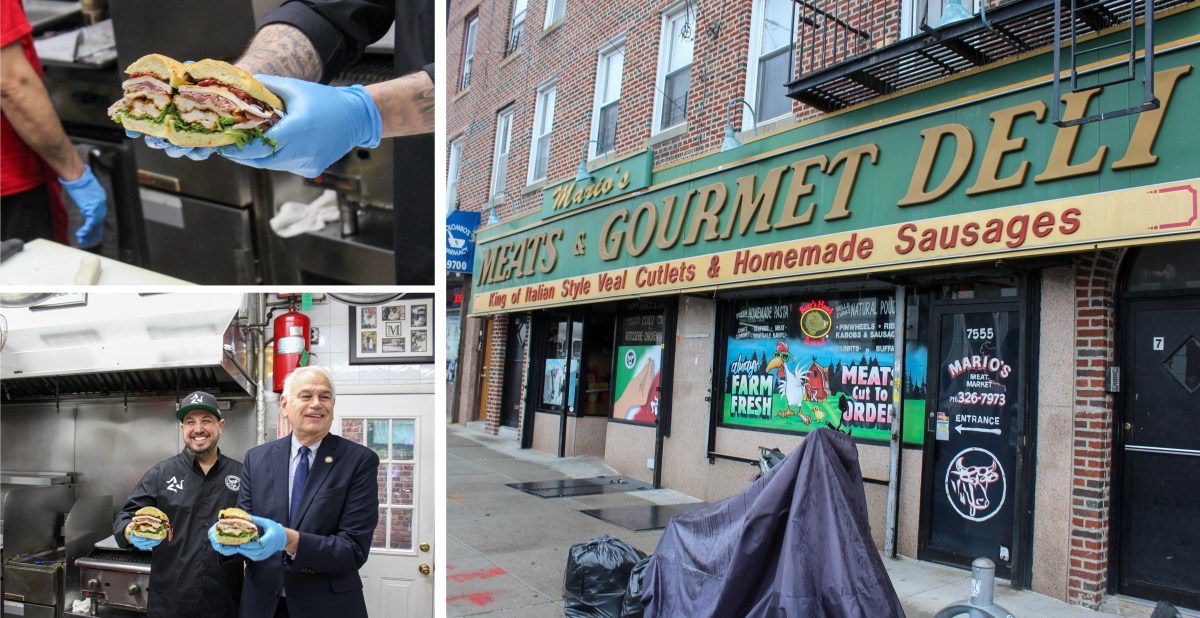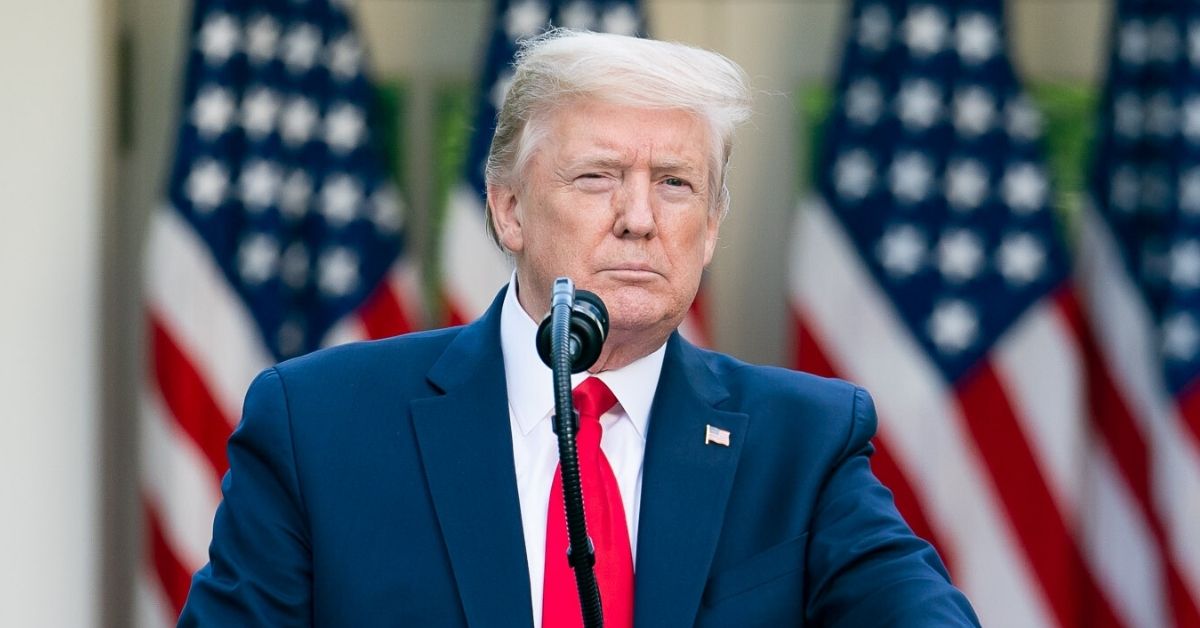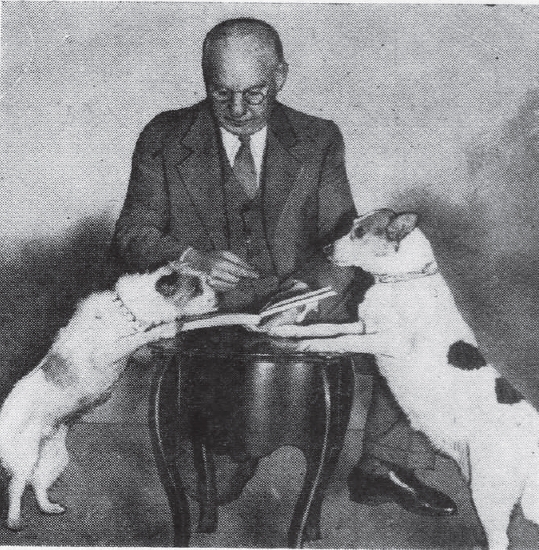Every two weeks or so, I receive an unsolicited phone call from people who, after identifying me, offer me a free back brace. I’d say there have been 20 phone calls during the last year. They just want me to answer a few simple questions. Then they’ll bring the back brace over.
At first, I considered these calls spam and just would hang up.
But as they persisted, I wondered how they knew I had a back problem. So, with the next call, I asked that question. I was told that my medical insurance company, United HealthCare, has been authorized to send medical practitioners to my home to give me a free medical workup and then whatever else I needed. And with that, I once again hung up.
Soon I was answering, “Take me off your list to call. I have doctors. I don’t want a home visit. Don’t call anymore.” And as the calls still continued, I changed that response to, “So just send the back brace. If you know my medical history, you already have my address. And thanks.” That hasn’t stopped the calls, either.
For the record, I had a bad back 10 years ago. But now, following a workout protocol, I don’t. They give me a brace? I’ll sell it on eBay.
This past August, the results of a study by The Wall Street Journal about this were published front page. CBS also reported on it. I read both.
Turns out that in the back and forth between Washington and the health insurance industry, it was decided that the government would pay the companies a considerable fee each time they would visit a Medicare member in their homes to discuss their medical problems. A “concierge” service, they called it. What a great idea.
According to the study, the medical insurance companies (United HealthCare being the largest of them) hire teams to contact as many people with Medicare Advantage Plans as possible to accept these free home visits. Licensed medical practitioners (nurses, and less often doctors or assistants) then show up at the homes of those who say “yes.”
And they bring you the back brace. Or something.
After that, they interview you about your medical history and do a medical workup, which is printed to a file and fed into a computer to spit out a report in a “diagnosis cart on one side of the screen.” The workups sometimes include studies made with medical equipment not considered the primary devices to make a diagnosis called the Quantiflo, the Journal said.
One disease called hyperaldosteronism is discovered over and over. Another is peripheral artery disease. The former disease was diagnosed 244,000 in recent years, the latter 568,000 times. Each new diagnosis brings in extra taxpayer money from the government to the provider.
Back at the office, some former employees making the home visits said they were not required to find new things wrong, but they weren’t told to hold back either.
Payments in recent years to United HealthCare alone, the Journal says, are close to $1.7 billion in taxpayer money for this work, an amount reported by the Senate’s Medicare Payment Advisory Commission – which now says they will be more diligent in determining what is and what isn’t a diagnosis worthy of a payment.
In other words, had I said yes to the back brace, it would be the highlight of the visit. After that, I would likely be shown – by the diagnosis spit out in the computer cart — how I was going downhill far faster than I had thought.
As for the young man who it’s alleged shot and killed the CEO of United HealthCare in midtown Manhattan two weeks ago, I am sorry for the family of the CEO and what they have to go through.
But I also note there is currently a GoFundMe campaign online raising tens of thousands of dollars, with a goal of hundreds of thousands of dollars, to pay for the young man’s legal defense. Many of those making contributions also post comments describing how a parent or friend died because of a failure by United HealthCare and the others to cover needed medical procedures, medicines or treatments that would have saved them.
Some also correctly point out that United HealthCare has posted record profits in 2022, 2023 and 2024 and is busy trying to persuade the government to allow them to swallow up another health insurance company. No, United HealthCare lawyers insist, that would not be creating a monopoly.
The real culprit in this? Well, fifteen years ago, President Obama was able to create health insurance for all, because he was willing to run this program through the existing medical insurance companies. This is what can happen, and now has happened, for doing that.
Dan Rattiner is founder, editor and adviser of Dan’s Papers based in Southhampton, LI — a sister publication of amNewYork Metro. Schneps Media is the parent company of both outlets.








































